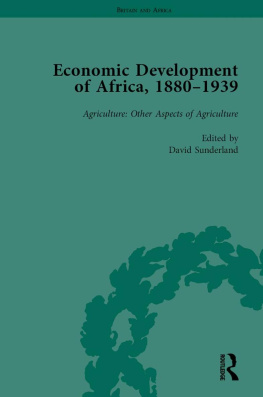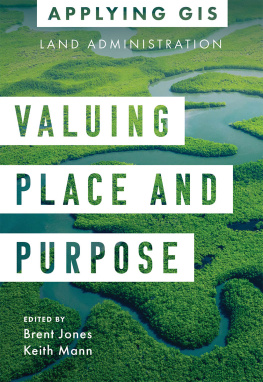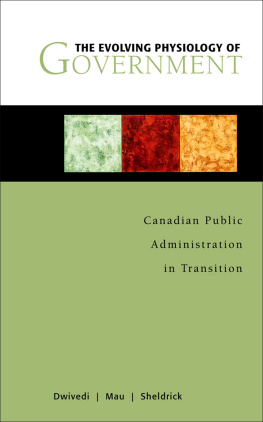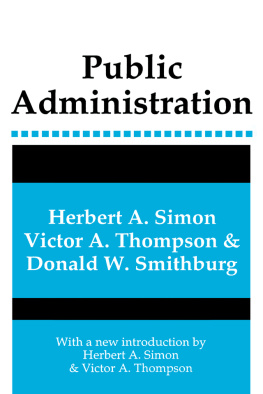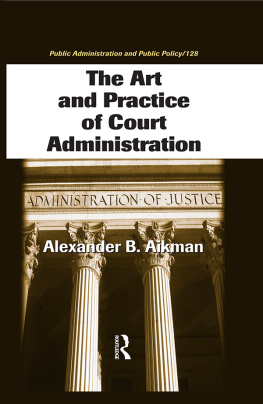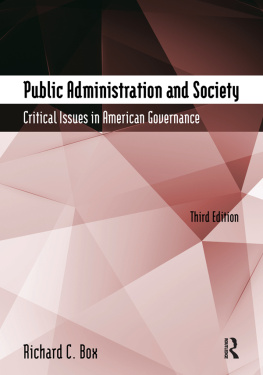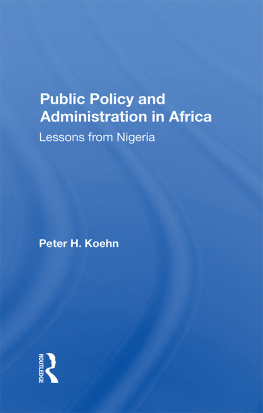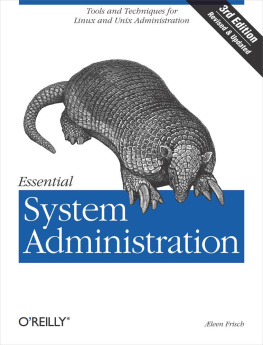First published 2013 by Pickering & Chatto (Publishers) Limited
Published 2016 by Routledge
2 Park Square, Milton Park, Abingdon, Oxon OX14 4RN
711 Third Avenue, New York, NY 10017, USA
Routledge is an imprint of the Taylor & Francis Group, an informa business
Copyright Taylor & Francis 2013
Copyright Editorial material Casper Andersen and Andrew Cohen 2013
To the best of the Publishers knowledge every effort has been made to contact relevant copyright holders and to clear any relevant copyright issues.
Any omissions that come to their attention will be remedied in future editions.
All rights reserved, including those of translation into foreign languages. No part of this book may be reprinted or reproduced or utilised in any form or by any electronic, mechanical, or other means, now known or hereafter invented, including photocopying and recording, or in any information storage or retrieval system, without permission in writing from the pu blishers.
Notice:
Product or corporate names may be trademarks or registered trademarks, and are used only for identification and explanation without intent to infringe.
BRITISH LIBRARY CATALOGUING IN PUBLICATION DATA
The government and administration of Africa, 18801939. (Britain and Africa)
1. Great Britain Colonies Africa Administration History 19th century Sources. 2. Great Britain Colonies Africa Administration History 20th century Sources.
I. Series II. Andersen, Casper. III. Cohen, Andrew.
325.341096-dc23
ISBN-13: 978-1-84893-318-7 (set)
Typeset by Pickering & Chatto (Publishers) Limited
The documents contained in the first volume of this collection have detailed how men, and in the case of nurses, women, were recruited and trained to administer Britains African territories. In this volume we continue by considering a key aim of administration: the institution and smooth operation of systems of governance and law. This was not a static or a monolithic process. It required the creation of governmental institutions in both Britain and Africa, flexible enough to be able to implement directives from London and also navigate local challenges and constraints. It was a process that was constantly negotiated and, as such, both the philosophies behind and the practical application of governance and law varied geographically and over time.1 The sources that follow reflect this and give an indication of some of the important characteristics of the administration of governance and law from 1880 to 1939.
During the latter nineteenth and early twentieth centuries, chartered companies often led the way in securing and administering British interests in Africa. The first three sources in this volume address aspects of the role played by two of these chartered companies: the Royal Niger Company (RNC) and the Imperial British East Africa Company (IBEAC). In many respects the fate of these two companies could not have been more different. Sir George Goldies RNC emerged from its chartered phase as a soundly-financed monopoly with considerable reserves and generous government compensation.2 The first source reproduced includes both the Companys initial Charter and also details its eventual revocation and the issues involved in the process. In addition, the second source demonstrates how the RNC administered law in relation to both Africans and Europeans within its territories. It reveals how the Company enjoyed a virtual carte blanche in this role. The third source, The Settlement of Uganda and British East Africa Company, offers a rather different example of the end of chartered rule. Sir William McKinnons Imperial British East Africa Company (IBEAC), which had expenses of 80,000 a year and an income of 35,000 in 1892, was not as successful as its West African equivalent and eventually went bankrupt.3 The source included here details how the Companys directors sought to bring pressure on Westminster to offer more favourable terms upon assuming responsibility for the Companys dwindling assets. The final company that made up the triumvirate of African chartered companies, Cecil Rhodes British South Africa Company (BSAC), is discussed elsewhere in this volume and collection.
Uganda became a British protectorate in 1894, following the bankruptcy of the IBEAC, and this is explored further in the following Memorandum on the Constitution of the Native Government of the Buganda Kingdom and the 1902 Kings African Rifles Ordinance. Sir Harry Johnston was appointed Special Commissioner for Uganda and Consul-General for neighbouring territories not yet under formal British control in 1899.4 Johnston was given a wide brief to improve the administration of Uganda and source four details his plans for the integration of the Kingdom of Buganda into the British system. Source five demonstrates the regulations under which the Kings African Rifles were to be administered after 1902. The regiment had also previously felt the reforming zeal of Johnston who recruited, with the consent of the Indian government, a captain of the Haiderabad Contingent Lancers and a small detachment of Indian troops to join the local defence force then named the British Central Africa Rifles in 1891. The prefix of British was removed in 1898 and the name changed to the Central African Regiment before it was renamed the Kings African Rifles in 1902.5
The West African equivalent to the Kings African Rifles was the West African Frontier Force which was formed in 1897 and comprised regiments from the Gold Coast, Northern Nigeria, Southern Nigeria as well as battalions from Sierra Leone and forces in the Gambia.6 In the First World War both the West African Frontier Force and the Kings African Rifles were used against German forces in Africa. The Kings African Rifles fielded twenty-two battalions in the First World War, which were predominantly used in the East African campaign against German forces commanded by the tactically astute General Paul von Lettow-Vorbeck. The end of the war saw Britain acquire the former German colonial possessions of the Cameroons, Togoland and East Africa (Tanganyika) as League of Nations Mandates.7 British Mandates reproduced below details the expectations placed on Britain by the League of Nations as the mandatory power in this instance.
The following two sources consider the changes in law and governance of the Anglo-Egyptian Sudan in the first quarter of the twentieth century. The former concerns the agreement signed in 1899 by Lord Cromer, the first Consul-General of Egypt, and Boutrous-Ghali, the Egyptian Foreign Minister. Cromer described the agreement as a hybrid form of government, hitherto unknown to international jurisprudence.8 This was a key legal document and set the terms for the administration of the Anglo-Egyptian Sudan. It remained relevant until the territorys independence in 1956. Egypt itself, although nominally part of the Ottoman Empire at the outbreak of the First World War, had been a British colony in all but name since 1882 and it became a formal British Protectorate in 1915. In 1919 four Egyptian nationalists were exiled to Malta, after they had called for an Egyptian delegation to be sent to the Versailles Conference to petition for Egypts recognition as an independent nation state. This, in combination with food shortages caused by the increased demand for agricultural exports during the war led to a widespread revolt.9 The British response granted Egypt nominal independence in 1922. However, given British troops remained in the country, the power of the Egyptian monarch was limited by international treaty and the British High Commissioner still held a powerful influence on the direction taken by the Egyptian government, its independence was limited.10 As such the latter source raises issues surrounding the legal position of the administration of the Anglo-Egyptian Sudan after Egypts changed status in 1922.





